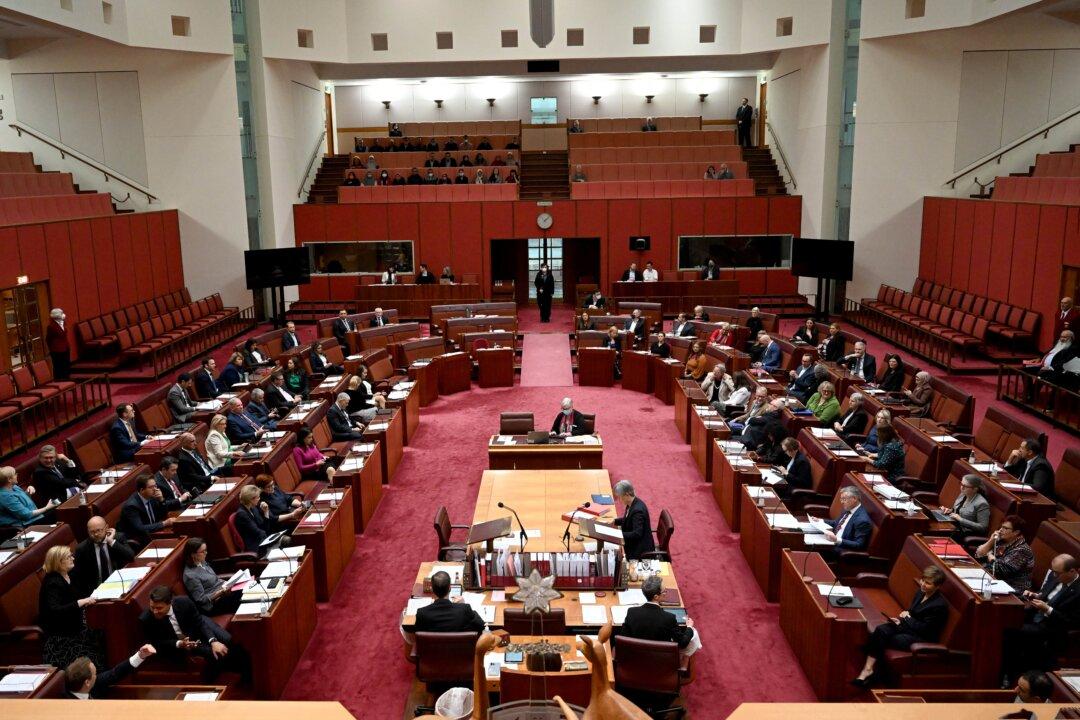The federal government is heralding its industrial relations reforms as a Christmas present for the Australian economy after the laws were ticked off by the lower house.
The Secure Jobs, Better Pay bill passed in Senate late on Thursday and was rubber-stamped by the government-controlled chamber on Friday, with 78 votes for and 42 against.





